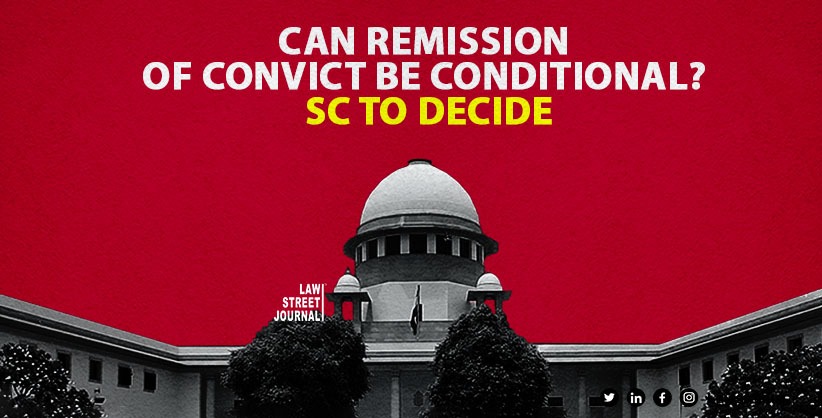NEW DELHI: The Supreme Court has decided to consider if the state government has authority to impose conditions upon convicts before releasing them on remission and if such a concession or relief can be revoked upon breach of any of the condition.
Acting upon a plea filed by Mafabhai Motibhai Sagar, a bench of Justices Abhay S Oka and Pankaj Mithal asked the Gujarat government to explain the time taken for deciding remission petitions.
It also sought to know the number of writ petitions filed by the convicts before the constitutional courts against the delay.
The bench also specifically asked the state government whether the grant of remission can be conditional which is open to revocation.
Appellant Sagar was convicted by the trial court in 2008 in a murder case, which occurred in April 2006.
Appearing for the petitioner, advocates Rauf Rahim and Ali Asghar Rahim contended the petitioner has undergone 14 years of imprisonment and was entitled for remission under the old State policy of 1992.
In September 2022, a 9-member advisory committee in a meeting unanimously resolved to grant remission to the petitioner.
However, no action was taken by the state government on the committees decision.
Sagar filed a plea in the high court in February this year seeking parole, since no decision was taken on his remission or premature release.
The high court declined him relief, forcing him to approach the apex court.
In response, the Gujarat government submitted that the decision on petitioner's remission had become stale and a fresh decision was required to be taken.
The court pulled up the state government, which subsequently filed an affidavit that remission can be granted to Sagar but certain conditions are required to be imposed.
In its order on October 6, the bench said, "Prima facie, we find that condition Nos.1 to 3 could not have been imposed after coming to the conclusion that this was a fit case to exercise power of the state government under Section 432 of the Code of Criminal Procedure, 1973."
The conditions imposed upon the petitioners related to maintaining good behaviour for two years, furnishing of sureties for peace and harmony. The second condition said if the prisoner indulged in a cognisable offence or inflicted any serious injury to any citizen or property then he will be arrested again and he will have to serve the remaining period of sentence in jail. And, the third condition said after being released from jail the prisoner shall mark his presence in the nearest police station for a period of one year. The fourth condition said the prisoner shall be released only after paying the unpaid fine amount if any.
Going through conditions, the bench said, Apart from the question of the authority of the State to impose such conditions, other important question is whether the grant of remission can be conditional which is open to revocation, as provided in the second condition.
Gujarat government counsel, on her part, sought time to file an affidavit for justifying these conditions. Apart from filing an affidavit, the State will have to satisfy us whether such conditions can be lawfully imposed and whether the policy of the state government provides for incorporating such conditions, the court ordered and fixed the matter for hearing on November 24, 2023.
















